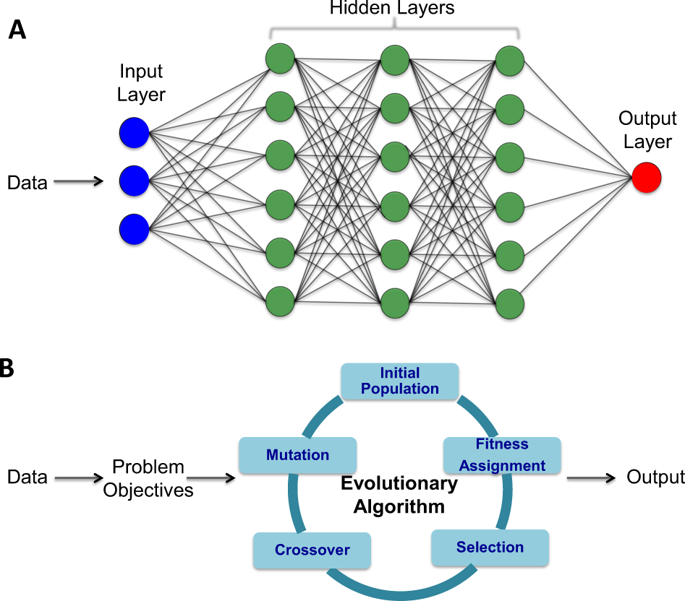npj Digital Medicine ( IF 15.2 ) Pub Date : 2019-11-21 , DOI: 10.1038/s41746-019-0191-0 Mohammed Uddin 1, 2 , Yujiang Wang 3, 4 , Marc Woodbury-Smith 2, 3

|
The ambition of precision medicine is to design and optimize the pathway for diagnosis, therapeutic intervention, and prognosis by using large multidimensional biological datasets that capture individual variability in genes, function and environment. This offers clinicians the opportunity to more carefully tailor early interventions— whether treatment or preventative in nature—to each individual patient. Taking advantage of high performance computer capabilities, artificial intelligence (AI) algorithms can now achieve reasonable success in predicting risk in certain cancers and cardiovascular disease from available multidimensional clinical and biological data. In contrast, less progress has been made with the neurodevelopmental disorders, which include intellectual disability (ID), autism spectrum disorder (ASD), epilepsy and broader neurodevelopmental disorders. Much hope is pinned on the opportunity to quantify risk from patterns of genomic variation, including the functional characterization of genes and variants, but this ambition is confounded by phenotypic and etiologic heterogeneity, along with the rare and variable penetrant nature of the underlying risk variants identified so far. Structural and functional brain imaging and neuropsychological and neurophysiological markers may provide further dimensionality, but often require more development to achieve sensitivity for diagnosis. Herein, therefore, lies a precision medicine conundrum: can artificial intelligence offer a breakthrough in predicting risks and prognosis for neurodevelopmental disorders? In this review we will examine these complexities, and consider some of the strategies whereby artificial intelligence may overcome them.
中文翻译:

人工智能在神经发育障碍精准医疗中的应用
精准医学的目标是通过使用捕获基因、功能和环境个体差异的大型多维生物数据集来设计和优化诊断、治疗干预和预后的途径。这为临床医生提供了针对每个患者更仔细地制定早期干预措施(无论是治疗还是预防)的机会。利用高性能计算机功能,人工智能 (AI) 算法现在可以在根据可用的多维临床和生物数据预测某些癌症和心血管疾病的风险方面取得相当成功。相比之下,神经发育障碍方面的进展较少,包括智力障碍(ID)、自闭症谱系障碍(ASD)、癫痫和更广泛的神经发育障碍。人们寄希望于有机会量化基因组变异模式的风险,包括基因和变异的功能特征,但这一雄心被表型和病因异质性以及所识别的潜在风险变异的罕见和可变的渗透性质所困扰。迄今为止。结构和功能性脑成像以及神经心理学和神经生理学标记可能提供进一步的维度,但通常需要更多的开发才能实现诊断的敏感性。因此,这里存在一个精准医学难题:人工智能能否在预测神经发育障碍的风险和预后方面提供突破?在这篇评论中,我们将研究这些复杂性,并考虑人工智能可以克服这些复杂性的一些策略。


























 京公网安备 11010802027423号
京公网安备 11010802027423号